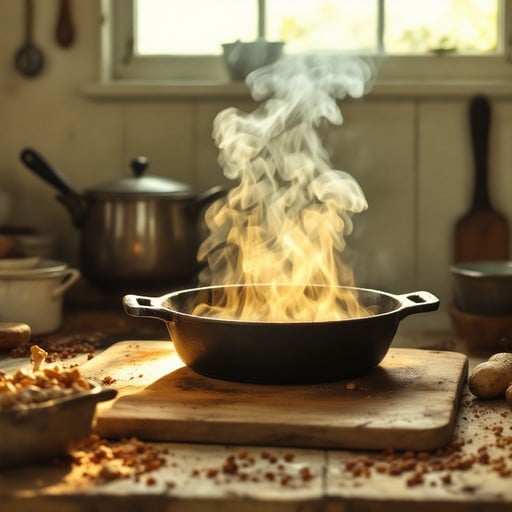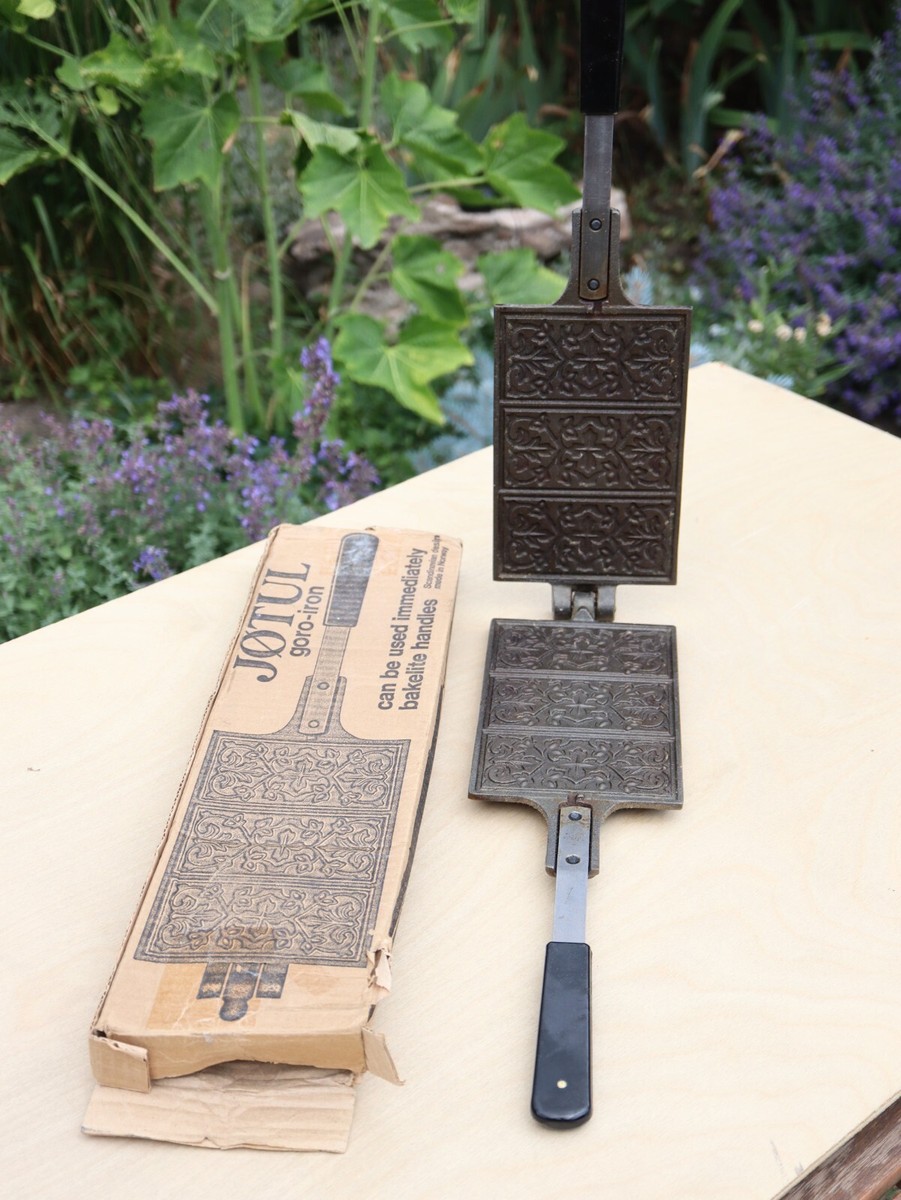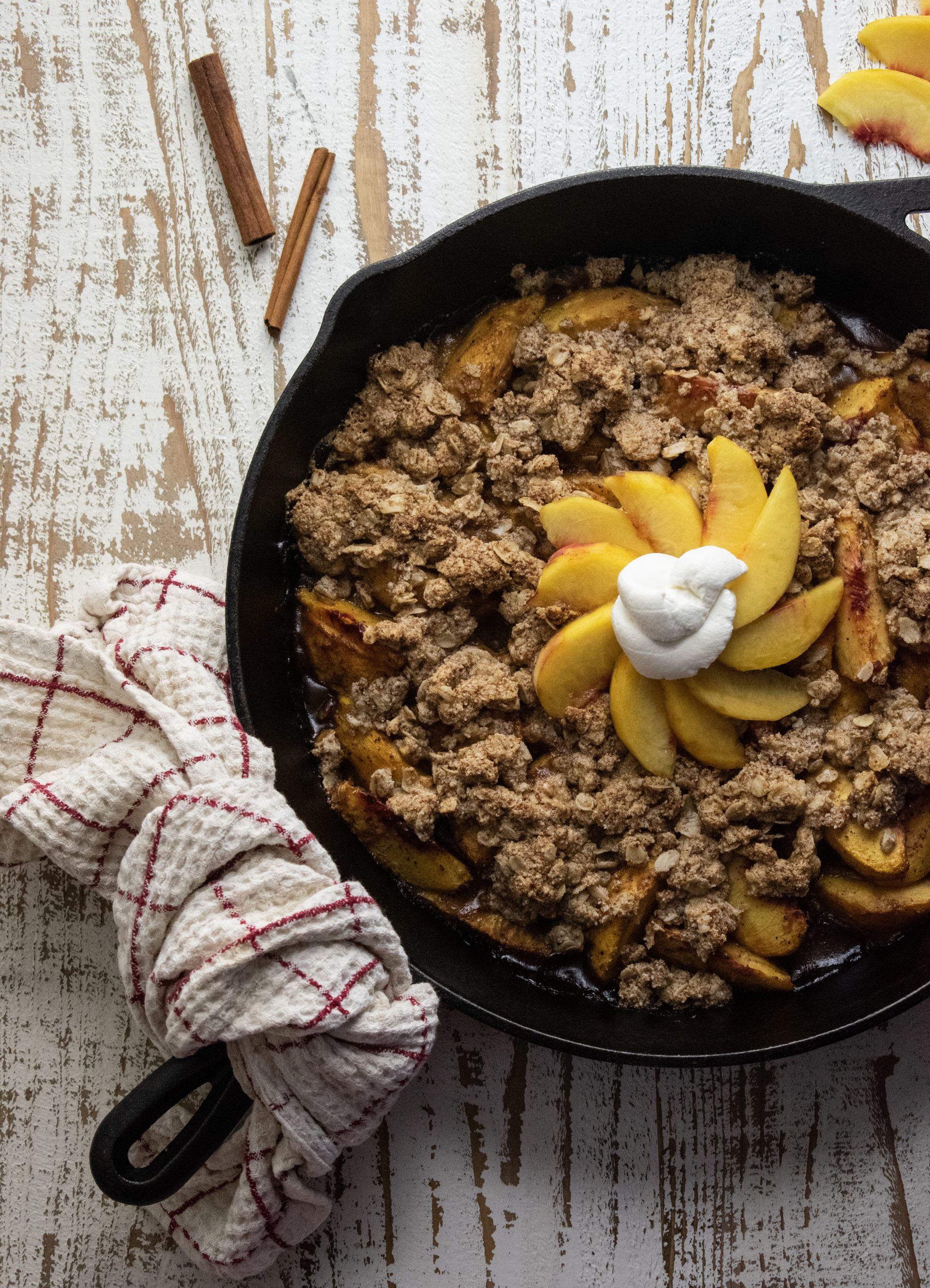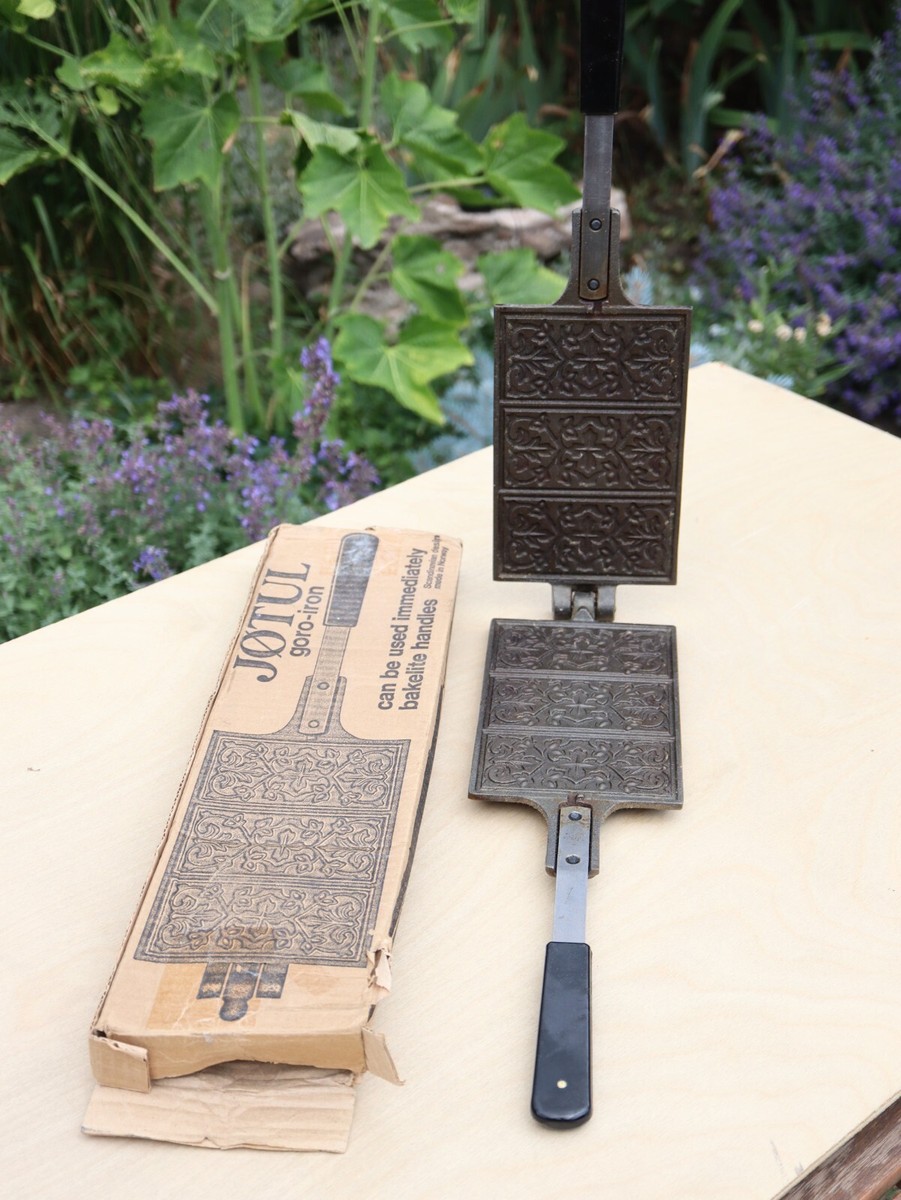
Homestead Kitchen Essentials: Tools That Last a Lifetime (and Beyond)
The old cast iron skillet hangs proudly above our homestead stove, a testament to generations of shared meals and enduring craftsmanship. It's more than just cookware; it's a family heirloom, a silent witness to countless stories whispered over bubbling stews and sizzling breakfasts. Sadly, in today's world of disposable kitchen gadgets, finding tools that possess such lasting quality can feel like a daunting task.
We've all experienced the frustration of flimsy kitchen utensils that break after minimal use, filling our landfills and emptying our wallets. But building a truly sustainable homestead kitchen demands a different approach: one that prioritizes quality, durability, and ethical sourcing. This isn’t about having the most expensive or flashiest gadgets; it’s about carefully curating a collection of essential tools crafted from enduring materials, manufactured responsibly, and designed to perform reliably for years to come. This blog post will explore how to intentionally build a legacy homestead kitchen. We'll delve into selecting durable materials, sourcing ethically made tools, focusing on multifunctional essentials, and mastering the art of tool maintenance.

The Backbone of the Homestead Kitchen: Durable Materials and Construction
The foundation of a long-lasting homestead kitchen lies in choosing tools crafted from materials designed to withstand the rigors of daily use and the test of time. Ditching the disposable mentality and embracing durable materials is the first step in creating a sustainable culinary haven.
- Cast Iron: Ah, cast iron – the king of the homestead kitchen! A well-seasoned cast iron skillet, Dutch oven, or griddle is an investment that pays dividends for generations. Their unparalleled durability, exceptional heat retention, and incredible versatility make them indispensable for everything from searing steaks to baking bread.
- Seasoning and Maintenance: Proper seasoning is key to preventing rust and creating a naturally non-stick surface. Regularly cleaning and oiling your cast iron will keep it in prime condition for years.
- Addressing Concerns: Yes, cast iron can be heavy, and it does require some maintenance to prevent rust. However, the benefits far outweigh these drawbacks. With proper care, a cast iron skillet will become a treasured heirloom.
- Stainless Steel: Stainless steel cookware and utensils offer a compelling alternative to cast iron, boasting rust resistance, ease of cleaning, and non-reactivity with acidic foods.
- Grade Matters: Different grades of stainless steel offer varying levels of durability and performance. Look for cookware made from 18/10 stainless steel, which contains 18% chromium and 10% nickel for optimal rust resistance and shine.
- Wood: From cutting boards and spoons to spatulas and rolling pins, wood plays a vital role in the homestead kitchen.
- Sustainably Harvested: Choose wooden tools crafted from sustainably harvested wood to minimize your environmental impact.
- Proper Cleaning: Prevent bacteria growth by thoroughly cleaning wooden tools after each use with hot, soapy water. Avoid soaking them for extended periods.
- Wood Types: Maple and cherry are excellent choices for cutting boards due to their hardness and resistance to bacteria.
- Stone/Ceramic: Mortars and pestles, and baking stones provide a natural and durable option for various kitchen tasks.
- Natural Properties: Utilizing the natural properties of these materials is key. They are durable and can withstand a lot of wear and tear.
- Maintenance: These will require specific maintenance and care in order to make them last a long time.
Investing in tools made from these durable materials will save money in the long run by reducing the need for frequent replacements. It's about embracing a "buy it for life" mentality and prioritizing quality over quantity.

Ethical Sourcing: Supporting Artisans and Responsible Businesses
Building a sustainable homestead kitchen extends beyond just choosing durable materials; it also involves consciously considering the ethical implications of our purchasing decisions. Supporting local artisans and responsible businesses ensures that our kitchen tools are not only built to last but also contribute to a more equitable and environmentally conscious world.
- Local Artisans: Seek out local blacksmiths, woodworkers, and potters who craft high-quality, handmade kitchen tools.
- Supporting Local Economies: Supporting local artisans helps to bolster local economies and preserve traditional crafts.
- Building Relationships: Building relationships with the makers of your tools allows you to learn about their craft and appreciate the artistry involved.
- Finding Artisans: Farmers markets, craft fairs, and online directories are great places to find local artisans.
- Companies with Fair Labor Practices: Research companies before purchasing their products to ensure they prioritize fair wages, safe working conditions, and environmental sustainability.
- Ethical Brands: Look for certifications like Fair Trade and B Corp, which indicate a company's commitment to social and environmental responsibility.
- Transparency: Seek out companies that are transparent about their manufacturing processes and sourcing practices.
- Vintage and Antique Finds: Explore the option of sourcing kitchen tools from antique stores, flea markets, and estate sales.
- Unique Character and History: Vintage tools often possess a unique character and history that you won't find in modern products.
- Assessing Condition: Carefully inspect used tools for signs of wear and tear before purchasing them.
- Cleaning Safely: Clean vintage tools thoroughly with appropriate cleaning solutions to remove any dirt or rust.
- Transparency is Key: Don't hesitate to contact manufacturers directly to ask questions about their materials and manufacturing processes. A transparent company will be happy to provide you with the information you need to make an informed decision.
By choosing where to purchase our kitchen tools, we can support ethical businesses, promote sustainable practices, and reduce our impact on the environment.

Essential Tools for the Homestead Kitchen: Prioritizing Function and Versatility
A well-equipped homestead kitchen doesn't require a plethora of gadgets. It's about focusing on essential tools that perform multiple functions and align with your specific needs and cooking style.
- Multi-functional Tools: Prioritize tools that can perform multiple tasks.
- Chef's Knife: A high-quality chef's knife is arguably the most important tool in any kitchen. It can be used for chopping, slicing, dicing, and mincing a wide variety of ingredients.
- Cast Iron Skillet: As mentioned earlier, a cast iron skillet is incredibly versatile and can be used for everything from searing meat to baking desserts.
- Mixing Bowls: A set of durable mixing bowls in various sizes is essential for prepping ingredients, mixing batters, and tossing salads.
- Baking Essentials: Equip your kitchen with the essential tools for baking your own bread, cakes, and pastries.
- Stand Mixer vs. Hand Mixer: Consider your baking needs and space constraints when choosing between a stand mixer and a hand mixer. A stand mixer is ideal for heavy-duty baking tasks, while a hand mixer is more versatile and easier to store.
- Mixing Bowls: Invest in a set of durable mixing bowls in various sizes and materials (stainless steel, glass, ceramic).
- Baking Sheets: Choose sturdy baking sheets that won't warp or bend in the oven.
- Canning Tools: If you plan to preserve your harvest through canning, invest in a comprehensive canning kit.
- Safety and Efficiency: Proper canning tools are essential for ensuring the safety and efficiency of the canning process.
- Butchering Tools: If you plan to raise and butcher your own livestock, invest in a set of high-quality butchering tools.
- Tools to Avoid: Be wary of trendy kitchen gadgets that often end up gathering dust in the back of a cabinet. Before purchasing a new tool, carefully consider whether you truly need it and how often you will use it.

Caring for Your Investment: Extending the Lifespan of Your Kitchen Tools
Proper care and maintenance are crucial for extending the lifespan of your kitchen tools and ensuring they remain in good working condition for years to come.
- Proper Cleaning Techniques: Use gentle detergents and avoid abrasive cleaners when cleaning your kitchen tools.
- Cast Iron: Clean cast iron skillets with hot water and a scrub brush. Avoid using soap unless absolutely necessary.
- Stainless Steel: Stainless steel cookware can be cleaned with soap and water or in the dishwasher.
- Wood: Clean wooden tools with hot, soapy water and dry them thoroughly.
- Storage Solutions: Store your kitchen tools properly to prevent damage and prolong their lifespan.
- Knife Blocks: Use knife blocks to protect your knives from damage.
- Utensil Organizers: Use utensil organizers to keep your utensils neatly stored and easily accessible.
- Pot Racks: Use pot racks to hang your pots and pans, preventing them from scratching each other.
- Repair and Maintenance: Learn basic repair skills, such as sharpening knives and re-seasoning cast iron.
- The Value of Restoration: Don't be afraid to breathe new life into old items. Refurbishing old cooking utensils is a rewarding way to preserve history and reduce waste.
Building a Homestead Kitchen for the Long Haul
Building a sustainable homestead kitchen is an ongoing process that requires conscious choices and a commitment to quality, ethics, and longevity. By prioritizing durable materials, ethical sourcing, essential tools, and proper care, you can create a kitchen that not only serves your culinary needs but also reflects your values and contributes to a more sustainable world. Remember the heirloom cast iron skillet; that is the standard of kitchen quality and legacy we want to uphold.
So, what kitchen tool has stood the test of time in your family? What will you prioritize when building your homestead kitchen? Share your thoughts and tips in the comments below! And if you are looking for more homestead tips, check out our other articles.